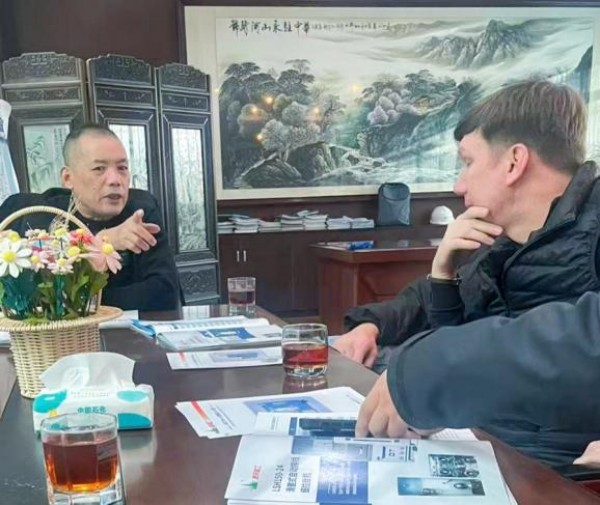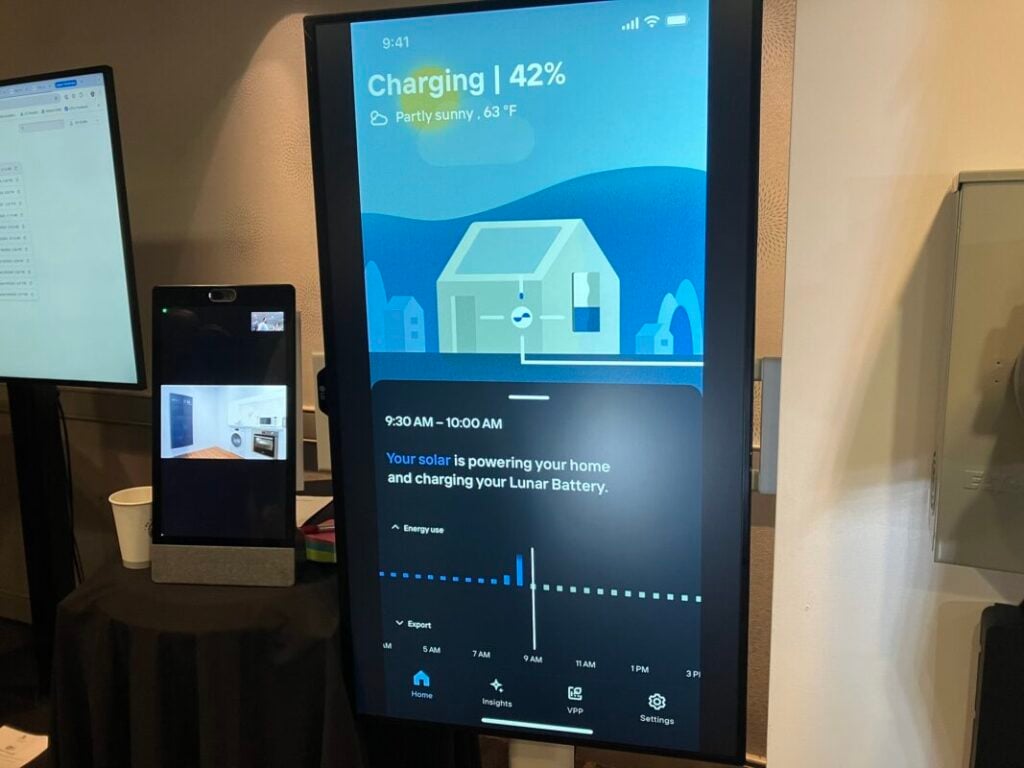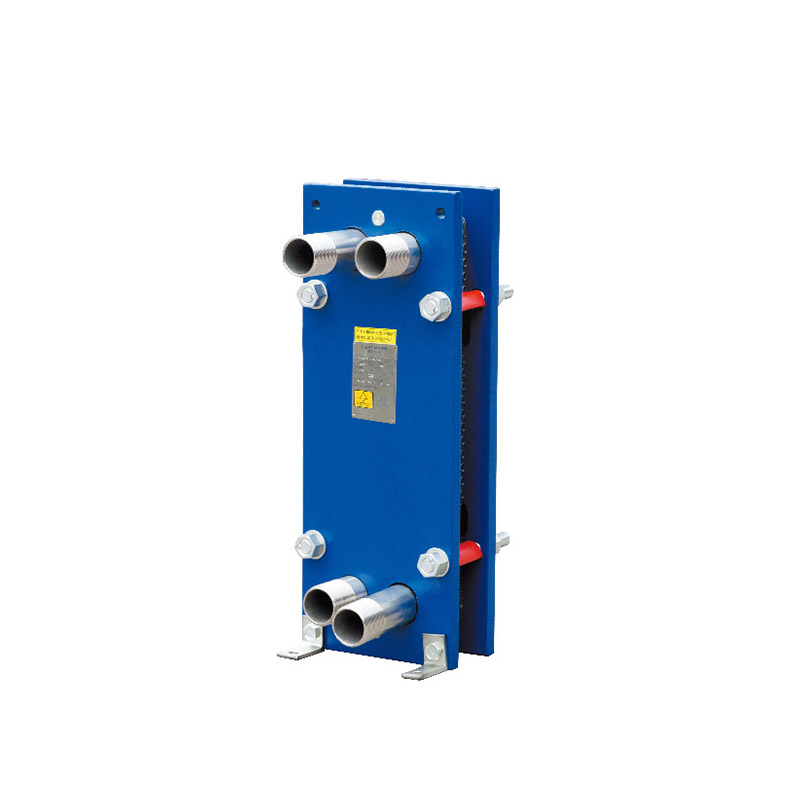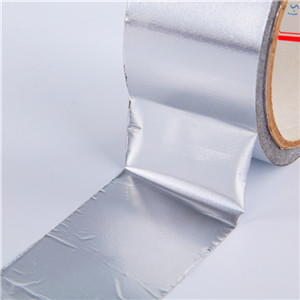In modern electromechanical manufacturing, the efficiency and precision of coil production determine not only product quality but also operational cost and competitiveness. A well-chosen coil winding machine can greatly enhance productivity, reduce waste, and ensure consistent winding quality across large-scale production. However, with a wide range of machine models and technologies available today, many manufacturers face a common challenge: how to choose the right coil winding machine for their specific needs.
This guide provides a comprehensive overview of the factors to consider when selecting a coil winding machine for your production line, helping you make a technically sound and future-oriented investment.
1. Understanding the Function of a Coil Winding Machine
A coil winding machine is designed to wind wire coils precisely and uniformly onto various forms, such as bobbins, stators, rotors, or transformer cores. These coils are essential in motors, generators, inductors, and other electromechanical devices.
Depending on production needs, coil winding machines may be manual, semi-automatic, or fully automatic CNC-controlled systems. Modern automated machines integrate servo drives, programmable control systems, and real-time monitoring to ensure high precision, repeatability, and flexibility for different wire gauges and coil types.
For professional industrial applications, automated winding systems are often the preferred choice due to their consistency and scalability. Jiangsu Xianglong Electromechanical Co., Ltd. offers a full range of solutions through its Coil Winding Machine product line, suitable for both standard and customized production environments.
2. Define Your Production Requirements
Before comparing machine models, it is essential to clearly define your production needs. Consider the following factors:
-
Coil Type and Application: Are you producing motor coils, transformer coils, or specialized inductors? Each type may require different winding patterns and spindle configurations.
-
Wire Specifications: The diameter, material (copper, aluminum, or alloy), and insulation properties determine the machine’s tension control and drive capacity.
-
Production Volume: For large-scale, continuous operations, automated or multi-spindle machines are typically more efficient.
-
Precision Tolerance: If your coils are used in high-performance equipment, such as electric motors or aerospace systems, accuracy and repeatability are non-negotiable.
-
Space and Integration: The available workshop layout and compatibility with other automation systems (drying, impregnation, testing) should also influence your decision.
Documenting these parameters will narrow your selection to machines that best match your technical and operational goals.
3. Evaluate Machine Automation and Control Systems
Modern coil winding technology has evolved beyond simple mechanical operation. Today’s advanced machines feature CNC and PLC-based control systems that manage winding speed, layer count, tension, and traverse movement with digital precision.
When evaluating automation systems, look for:
-
Programmable Operation Modes: Ability to store and recall winding programs for different coil designs.
-
Tension Control Systems: Real-time electronic feedback to maintain consistent wire tension and avoid wire breakage.
-
Human–Machine Interface (HMI): User-friendly touchscreens simplify setup and monitoring.
-
Error Detection & Alarms: Systems that automatically stop the machine when abnormal tension or wire breaks occur.
A flexible control system not only increases production efficiency but also makes it easier to adapt to new product requirements in the future.
4. Mechanical Design and Durability
The mechanical structure of a coil winding machine directly affects its lifespan, vibration stability, and overall precision. When comparing suppliers, evaluate:
-
Spindle Construction and Bearings – Precision-ground shafts and durable bearings minimize runout and ensure consistent rotation.
-
Traverse Mechanism – Linear guides and servo drives ensure smooth and accurate wire placement.
-
Frame Material and Rigidity – Cast iron or steel frames reduce vibration and provide a stable base for long-term use.
-
Safety Features – Emergency stops, protective guards, and overload protection ensure operator safety and compliance with industrial standards.
Machines from established manufacturers like Jiangsu Xianglong Electromechanical Co., Ltd. are designed with industrial robustness, ensuring years of continuous operation under demanding conditions.
5. Customization and Flexibility
Every production line has unique coil dimensions, patterns, and production goals. Therefore, customization plays a vital role in selecting the right winding machine.
Ask your supplier about:
-
Custom fixtures and tooling for different bobbin shapes and sizes.
-
Programmable winding patterns such as cross-winding, layer-by-layer, or random winding.
-
Multi-spindle configurations for simultaneous winding.
-
Integration options with other production systems like vacuum impregnation or drying equipment.
Partnering with a manufacturer capable of offering engineering customization will ensure your machine fits seamlessly into your overall automation strategy.
6. After-Sales Support and Technical Service
A coil winding machine is a complex piece of equipment that requires professional installation, calibration, and maintenance. Reliable after-sales support is as important as machine quality itself.
When evaluating suppliers, consider:
-
Availability of installation and training services.
-
Technical documentation and remote assistance options.
-
Spare parts supply and long-term maintenance plans.
-
Response time for troubleshooting and support.
Working directly with an experienced manufacturer and supplier in China such as Xianglong Electromechanical provides the benefit of factory-direct communication, ensuring quick technical feedback and ongoing assistance throughout your machine’s operational life.
7. Energy Efficiency and Environmental Factors
Modern coil winding machines are increasingly designed with energy efficiency and sustainability in mind. Servo-driven motors, intelligent standby systems, and optimized mechanical transmissions help minimize power consumption.
In addition, selecting equipment that complies with environmental standards (such as CE or ISO certifications) contributes to safer and more responsible production practices.
A forward-looking investment considers not only immediate output but also long-term operational efficiency and sustainability.
8. Supplier Reputation and Industry Experience
Experience matters in electromechanical equipment manufacturing. Reputable suppliers with a proven track record offer significant advantages:
-
In-house R&D teams capable of continuous innovation.
-
Quality assurance processes ensuring consistent performance.
-
Real-world case studies demonstrating machine reliability across industries.
-
Positive client feedback and global installations.
Before finalizing your purchase, research supplier references, certifications, and export experience. Manufacturers like Xianglong Electromechanical, with years of specialization in automated electrotechnical and vacuum equipment, bring not only machinery but also complete production-line solutions.
9. Future-Proofing Your Investment
Technology in coil production is advancing rapidly. Machines today can integrate with IoT systems, remote monitoring, and data analytics to predict maintenance and optimize production performance.
When selecting your equipment, consider whether the manufacturer supports software upgrades, sensor expansion, and connectivity for Industry 4.0-level integration.
A flexible, upgradable system ensures that your investment remains valuable and competitive for many years to come.
10. Final Thoughts
Selecting the right coil winding machine is a strategic decision that directly impacts your factory’s productivity, quality, and innovation potential.
By carefully evaluating technical specifications, automation features, durability, customization options, and after-sales support, manufacturers can ensure long-term success.
To explore professional coil winding equipment designed for industrial efficiency, visit Xianglong Electromechanical’s Coil Winding Machine page. Their expertise in automated electrotechnical equipment offers complete solutions tailored to your production goals.
Conclusion
The right coil winding machine is not merely a purchase — it is an investment in precision manufacturing. By partnering with a trusted supplier who combines technical excellence, robust design, and responsive service, you position your production line for sustainable growth and innovation in the rapidly evolving electromechanical industry.
www.jsxlmachines.com
Jiangsu Xianglong Electromechanical Co., Ltd.



